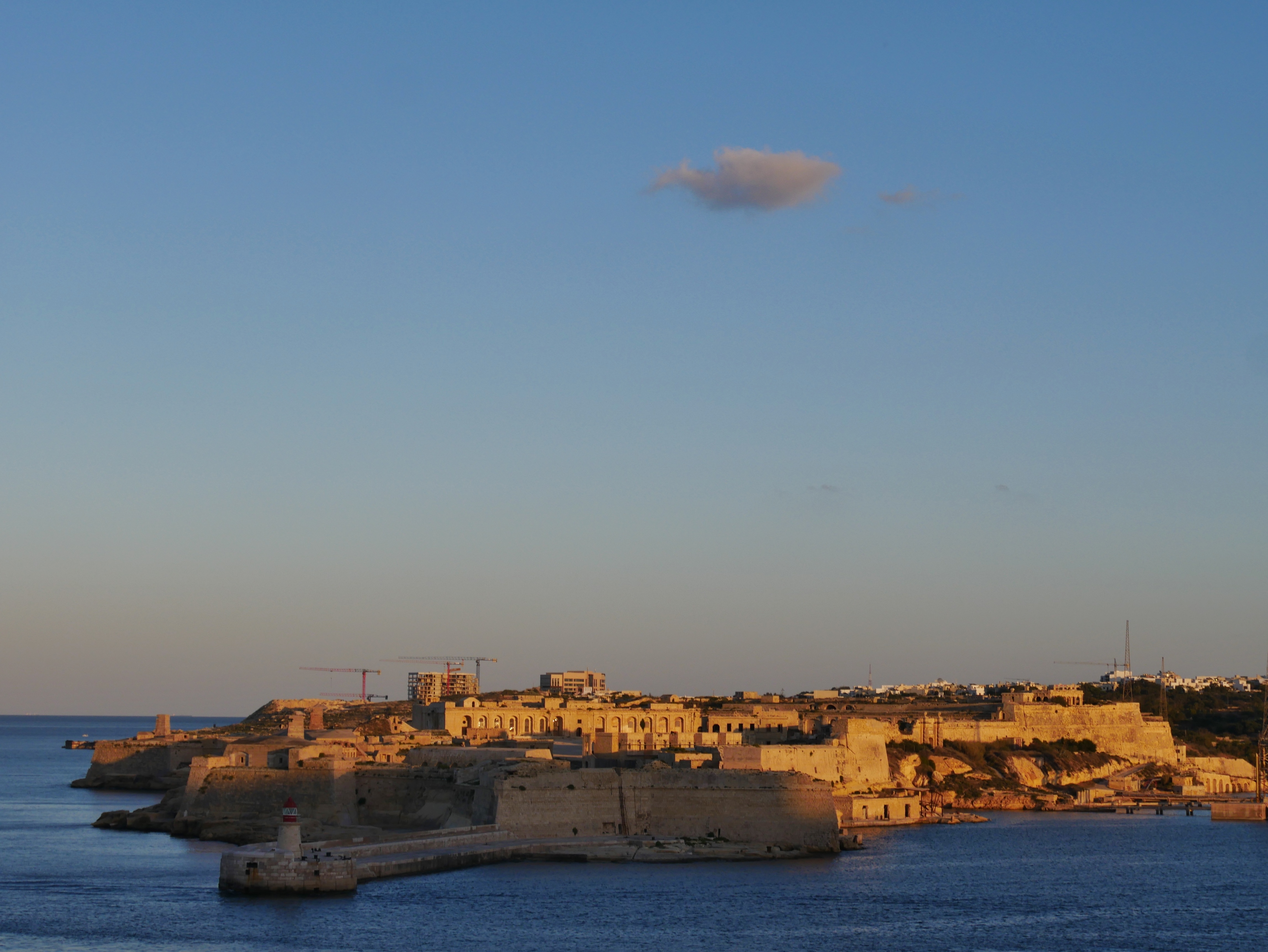Malta signs 1954 UN Convention on Statelessness
On the 11th December 2019, Malta acceded to the 1954 Convention relating to the Status of Stateless Persons. This was a welcome development, confirming Malta’s commitment to resolving the situation of stateless persons in Malta. Yet, to date, Malta has not taken the legislative or administrative steps necessary to fulfil its new Convention obligations.

On the 11th December 2019, Malta acceded to the 1954 Convention relating to the Status of Stateless Persons. This was a welcome development, confirming Malta’s commitment to resolving the situation of stateless persons in Malta. Next, Malta must undertake the legislative and administrative steps necessary to fulfil its new Convention obligations.
Until this is executed, stateless people in Malta remain unidentified and at risk of violations of their fundamental rights. Examples include the rights to education, employment, freedom from discrimination, housing, personal liberty, family and private life.
The 1954 Convention on Statelessness
The 1954 Convention relating to the Status of Stateless Persons is designed to ensure that stateless people enjoy a minimum set of human rights. It establishes the legal definition of a stateless person as someone who is “not recognized as a national by any state under the operation of its law.” Simply put, this means that a stateless person is someone who does not have the nationality of any country.
The 1954 Convention also establishes minimum standards of treatment for stateless people in respect to a number of rights. These include, but are not limited to, the right to education, employment and housing. Importantly, the 1954 Convention also guarantees stateless people a right to identity, travel documents and administrative assistance.
Malta’s reservations from the UN Convention on Statelessness
Malta’s accession to the 1954 Convention is subject to reservations to Article 11 (regarding stateless seamen), Article 14 (regarding artistic rights and industrial property) and Article 32 (regarding facilitated naturalisation) prevent these provisions from having any legal effect. It is worth noting that pursuant to its reservation to Article 32, Malta precludes stateless people in Malta from a facilitated route to resolving their statelessness through naturalisation.
For an overview of Malta’s position on statelessness, refer to Malta and the UN Conventions on Statelessness.